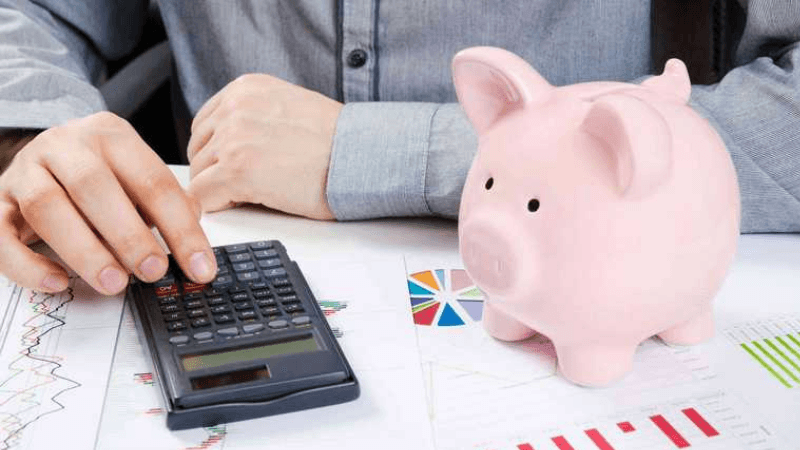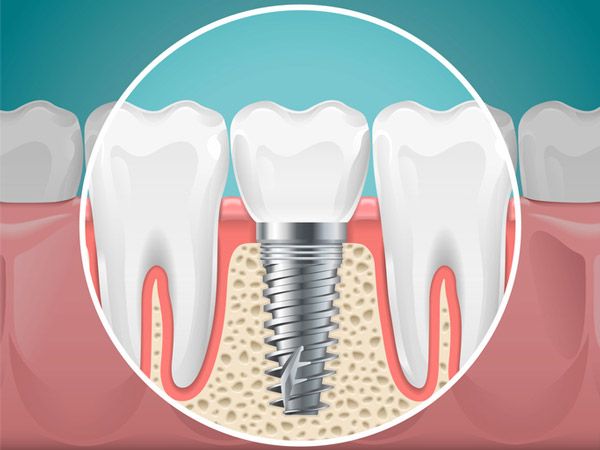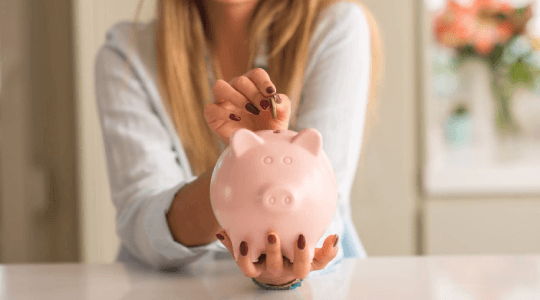
In this article, we present the 10 financial habits you should adopt to improve your personal finances and have a healthier economic life.
Habit 1: Save a part of your income
The first financial habit you should adopt is to save a portion of your income. This may be difficult at first, but it is essential for a healthy financial life.
It is advisable to save at least 10% of your monthly income. You can do it automatically through a bank transfer or by deducting that percentage from your salary before receiving it.
In addition, it is important to keep in mind that the savings should be earmarked for a specific purpose, such as an emergency fund, an investment or a long-term project. This will help you keep the habit and avoid spending money on unnecessary things.
Remember that saving does not mean depriving yourself of everything you like. It simply means being aware of your expenses and priorities, and allocating a portion of your income to meet your financial goals.
Habit 2: Create a monthly budget and stick to it
One of the keys to success in your personal finances is to keep a rigorous control of your income and expenses. To do this, it is essential that you create a monthly budget that allows you to plan your expenses and stick to them effectively.
To create a monthly budget, you should start by writing down all your fixed and variable income, as well as your fixed and variable expenses. It is very important to be realistic and objective when doing this exercise, as only then will you be able to have an effective budget.
Once you have your budget ready, it is important that you follow it to the letter. This means that you should stick to the amounts and categories established in your financial plan and avoid unnecessary deviations.
If you stick to your budget month to month, you can feel more secure with your personal finances and have the peace of mind of knowing exactly how much money you can spend each month without jeopardizing your financial stability.
Habit 3: Pay your debts on time and avoid interest on late payments
One of the keys to maintaining a healthy financial life is to pay your debts on time. Debt is a natural part of life, but if not managed properly it can cause major financial problems.
One way to avoid debt problems is to always pay on time. If you have a loan or credit card, be sure to make your monthly payments on schedule.
Late interest is the additional fees charged when payments are not made on time. These charges can add up quickly and significantly increase the total cost of the debt.
If you find yourself in a situation where you can't make the full payment on time, try to make at least the minimum payment to avoid additional fees.
In summary, paying your debts on time is an important financial habit to avoid financial problems and maintain good financial health.
Habit 4: Invest for the long term in safe financial products
One of the main investment tips is not to put all your eggs in one basket. It is important to diversify your portfolio, but it is also crucial to consider safe financial products.
Investing for the long term will allow you to earn higher returns thanks to compound interest. Safe financial products, such as government bonds, provide stability and security to your investment.
Research the options available and analyze which one best suits your investment objectives. Remember that patience is key when it comes to long-term investments.
Habit 5: Plan your spending and avoid impulse purchases
Good planning of your spending will help you avoid impulse purchases and better control your finances. Before making a purchase, ask yourself if you really need it and if it is a priority in your budget.
You can create a monthly budget that includes your income, fixed expenses, such as rent or mortgage, utilities, among others, and variable expenses, such as entertainment, clothing purchases or gifts. Set a limit amount for each spending category and try not to exceed it. If you have difficulty controlling your impulse buying, you can set a rule for yourself, such as waiting 24 hours before making any major purchase.
Remember that financial planning will allow you not only to control your expenses, but also to save for long-term goals, such as buying a house or a trip. So don't hesitate to take control of your finances and improve your economic life.
Habit 6: Constantly analyze your expenses and try to reduce them
It is important to have control over the money we spend on a daily basis. It is easy to lose track of our expenses if we do not constantly monitor them. To reduce our expenses, we should:
- Create a budget: It is important to know how much money we have available each month and how much we can spend in each category, such as food, transportation, leisure, etc.
- Review our bank accounts: We should check our bank statements every month to make sure everything is correct and we are not spending on unnecessary things.
- Look for ways to save money: We can look for deals and discounts on products and services we need. We can also opt for cheaper brands or generic products.
- Cut unnecessary expenses: We should eliminate expenses that are not important to us or that we do not use frequently.
Analyzing our expenses will help us to have more control over our money and make smarter financial decisions to improve our economic life.
Habit 7: Set realistic financial goals and work toward them
Setting financial goals is vital to having a healthy financial life. However, it is important that these goals are realistic and achievable. Otherwise, we run the risk of losing motivation and abandoning our efforts.
To set realistic financial goals, we must make a detailed analysis of our current situation and define achievable objectives within a defined time frame. For example, we can set a short-term goal such as saving to buy a specific item, or a long-term goal such as planning our retirement.
Once we have our goals defined, it is important to work towards them steadily and consistently. We should monitor our progress regularly and make adjustments if necessary.
We should not underestimate the power of small daily actions. If we make smart financial decisions every day, we can work toward our goals effectively and ensure a solid financial future.
Habit 8: Shop around and look for the best deals before you buy something
It is easy to be tempted to buy something just because we like it or want it, but it is important to remember that there are always options available at different prices. Before making a purchase, it is advisable to compare prices in different stores and online. In addition, it is convenient to look for coupons or promotions that can help us save even more money.
This practice will not only allow us to save money in the short term, but can also help us develop a healthier and more conscious consumption habit. By comparing prices and looking for deals, we force ourselves to carefully analyze whether we really need or want that item, and whether we can afford to pay full price or whether we should wait to find a better deal.
In short, comparing prices and looking for the best deals before buying something can help us save money and develop a more responsible and conscious consumption habit.
Habit 9: Learn about personal finance and stay informed about the financial market
Knowing how to manage your money is essential for a healthy financial life. Learn about personal finance by reading books, attending courses and following experts on social media.
It is also important to be informed about the financial market to make smart decisions about investing and saving. Follow economic news and learn about different types of investments.
Don't be afraid to ask questions and seek information, remember that there is nothing more valuable than knowledge in the financial world.
Habit 10: Look for additional sources of income in addition to the job you already have
One of the best ways to improve your financial situation is to look for sources of income in addition to the main job you already have. This can be through a side job, a business of your own, or investments.
Not only will it increase your total income, but it will also give you greater financial security in case you lose your primary job. In addition, it will give you more opportunities to save and invest in your future.
It is important to remember that finding an additional source of income may take time and effort, but it is worth pursuing for greater financial stability and freedom.




